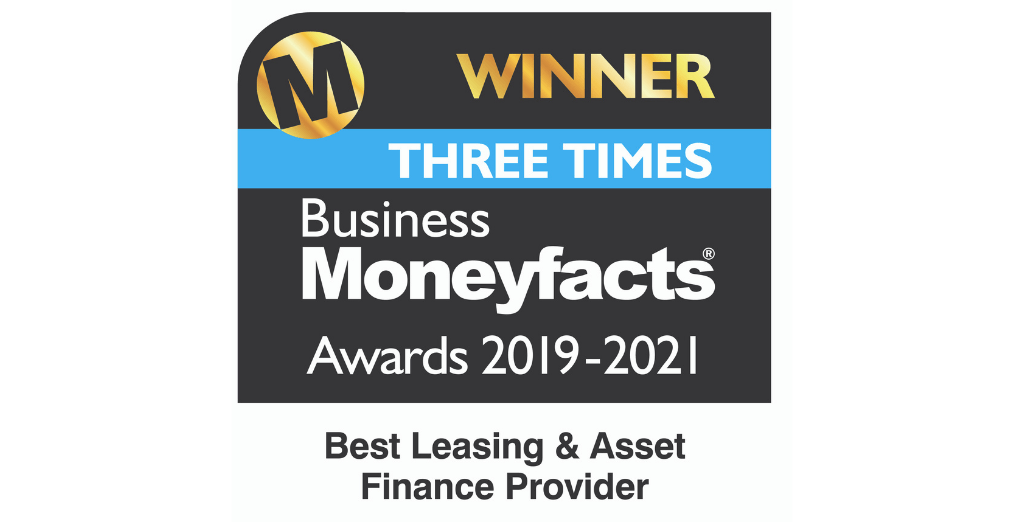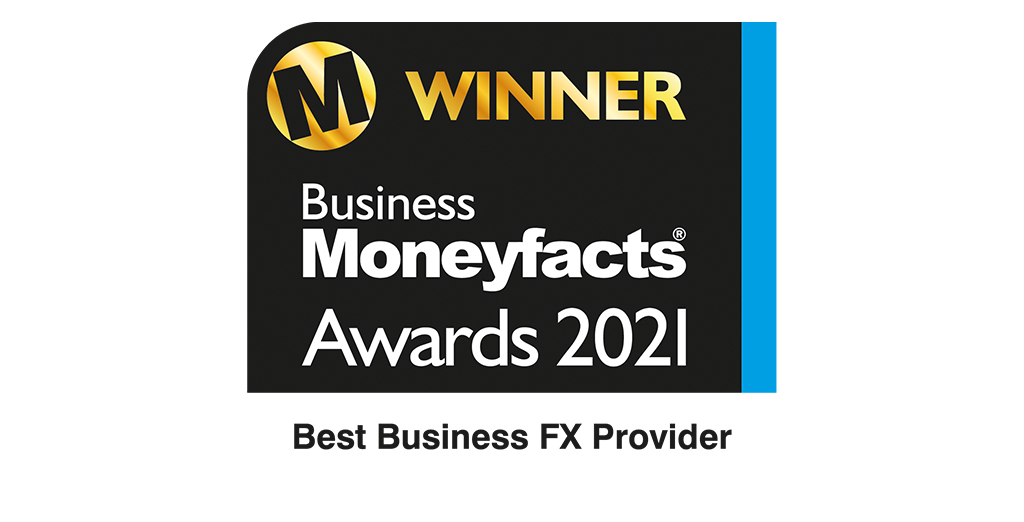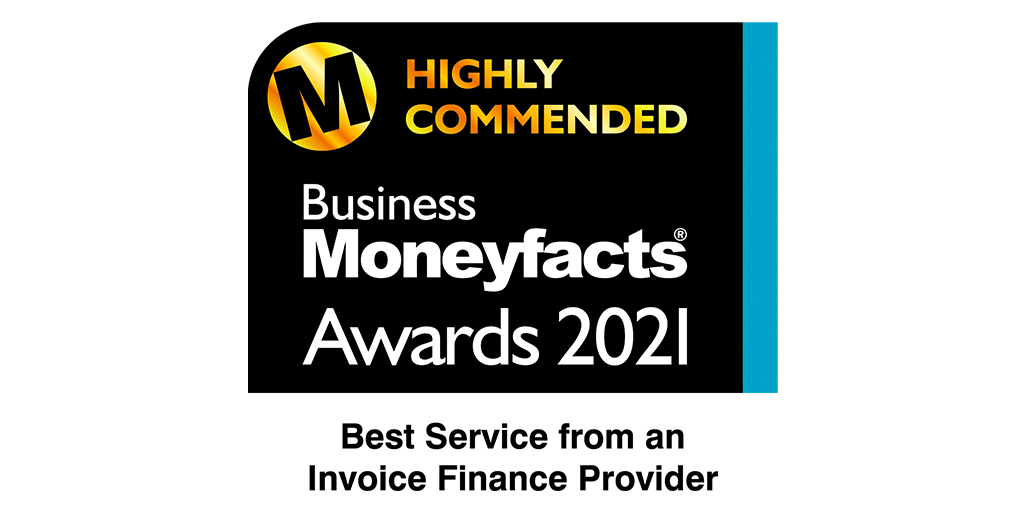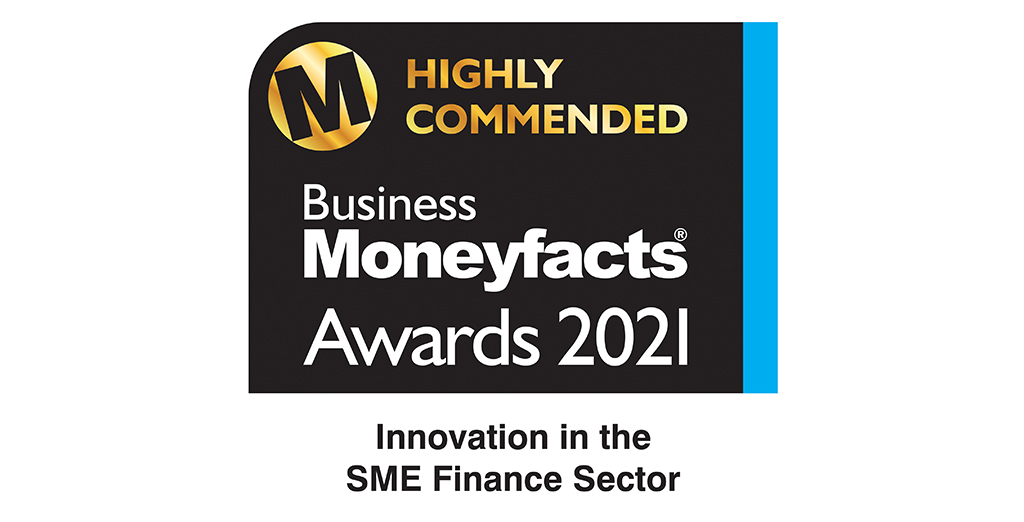What we offer
Lending and finance
No matter the debt and equity capital needs of your business, we are committed to devising a customised plan that caters to your unique situation. Our range of financial services includes providing working capital, asset-based financing, private equity, direct lending, and direct investment opportunities.
Treasury and risk services
Regardless of the stage your business is at, having the appropriate banking ally to back your expansion goals is crucial. We are equipped to assist you in mitigating risks within your enterprise, offering a wide array of options that span cash management, currency exchange, inflation, interest rates, and commodity trading.
Our unique approach
Refreshingly human
Exceptional service is at the heart of everything we do. Our client-focussed team will partner with you to deliver the right solution at the right time.
Smart technology
Our digital platform, Investec ix, puts you in control, enabling you to make smart decisions and saving you time to focus on your business.
Let's start a conversation

Investec got to know our business extremely quickly, understanding the heartbeat of the operation and making us feel like we were the only customer.
Industry recognition

Three-time winner
Best Leasing & Asset Finance Provider
Business Moneyfacts Awards 2019-2021

Winner
Best Business FX Provider
Business Moneyfacts Awards 2021

Highly Commended
Best Service from an Invoice Finance Provider
Business Moneyfacts Awards 2021

Highly Commended
Innovation in the SME Finance Sector
Business Moneyfacts Awards 2021
Additional solutions
